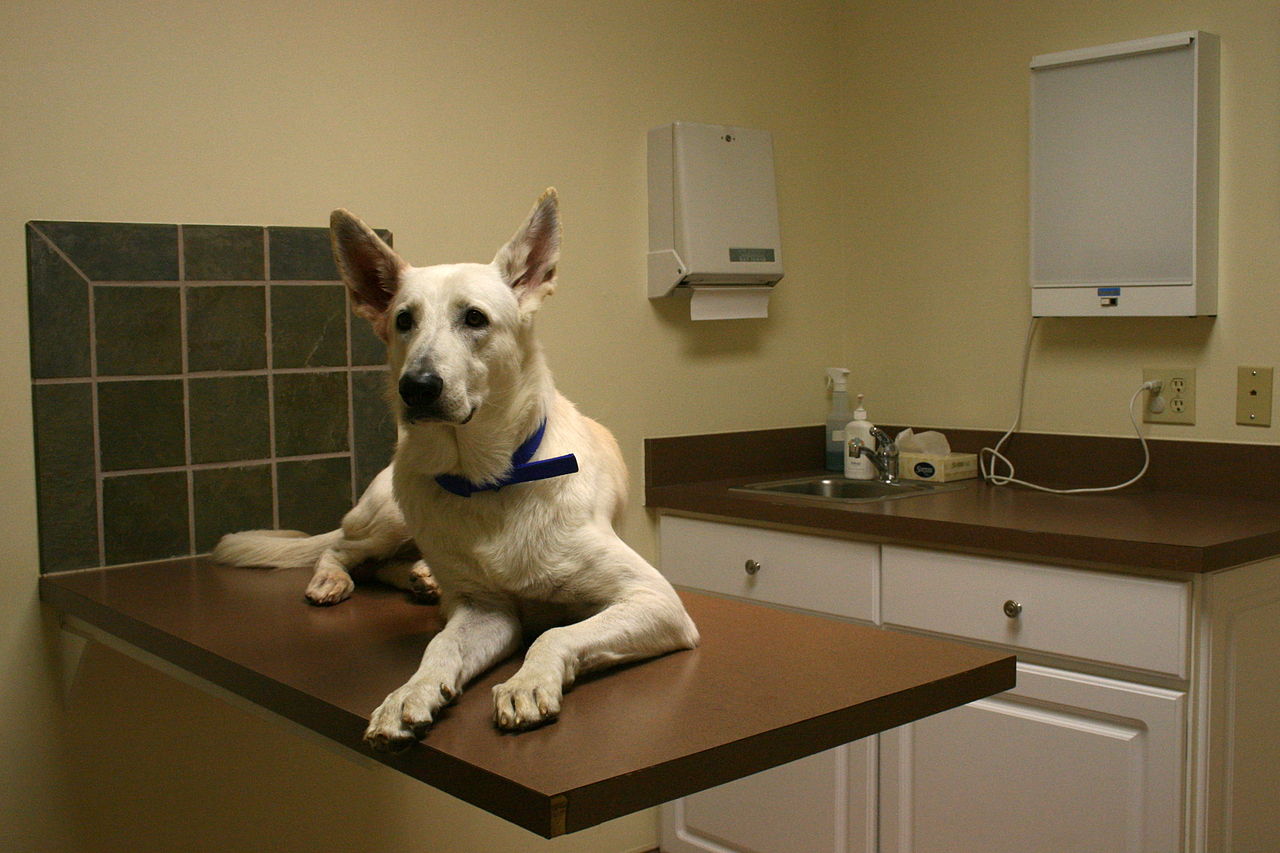The functions of the pancreas are twofold – production of insulin called the endocrine process and production of digestive enzymes, the exocrine process.
Diabetes is the malfunction of the endocrine process. EPI (exocrine pancreatic insufficiency) occurs when the pancreas is not fully formed. It is a congenital problem and is usually not evident until a dog is older. Dogs who suffer with this disorder don’t digest food properly. Treatment requires supplying enzymes, digestible oils and vitamins, either tablets or powder for the lifetime of the dog.
Diabetes is the more common ailment and is more common in female dogs. In this case, the pancreas is not producing enough insulin. Insulin acts on the cells of the body to help take glucose out of the blood for energy. In a diabetic dog unless levels of glucose are very high in the blood, the dog’s organs don’t get enough.
If diabetes is suspected, urine and blood tests must be taken. In mild cases, adjusting diet can help. Oral drugs can stimulate production of insulin by the pancreas. In most cases dogs need regular insulin injections. Your vet will prescribe the proper dosage and show you how to administer the injection and monitor the glucose levels.
It should be noted that if a feed is missed there is the possibility of a hypoglycemic reaction, such as weakness, confusion, poor coordination. You should always have honey or glucose syrup on hand for emergencies. Of course, contact your vet immediately.
Related articles:



